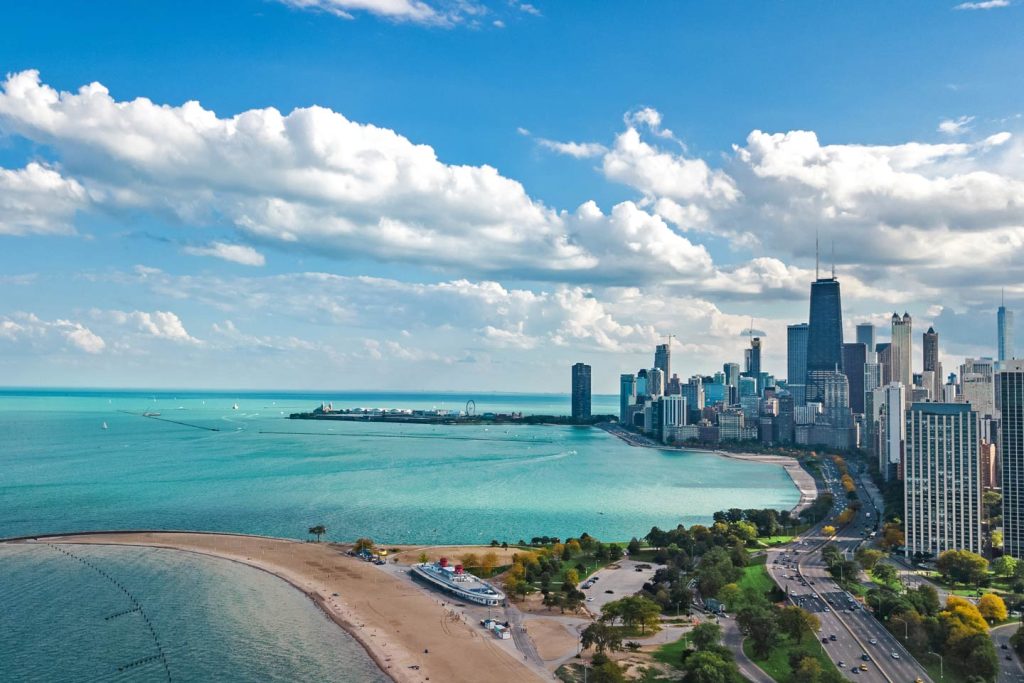
Attorneys for Land Use
Zoning: Litigation
What can be done?
When a zoning request is denied, it throws a wrench into the plans. Significant time and money have been invested into a property, and an unexpected denial or situation may require a quick decision about whether to move forward with a purchase.
You may have the right to appeal a zoning denial. Appeals from a zoning board to the local court often must be filed in a very short period of time – in some cases, 21 days from the zoning board’s decision. With the clock ticking and current and future revenue on the line, you need to know:
- What are my options?
- Is this the end of the road?
- Can I challenge this and win?
- How much time do I have to make a decision?

A zoning denial does not have to be the end of the road. You may be able to have it reversed.
At Dalton & Tomich, we use our knowledge of local laws and community dynamics to find potential paths forward for your plans quickly. We exercise all options and call on local relationships to seek a win/win scenario for everyone and help you build positive relationships with the community.
Helping You Maximize Your Investment
Download our FREE Michigan and Detroit Zoning Guide
What to Expect During the Litigation Process
When a zoning request is denied, it typically has the option for appeal. This appeal is based on the existing record and decision at the local level, and it takes an experienced attorney to understand why the request was denied and the options for appeal.
At Dalton & Tomich, we follow a three-step process if a zoning request is denied:

1. Review the Case
The first step is thoroughly reviewing the original application and site plan. We consider the reasons given for denial and analyze the decision to see if it was made in accordance with local, state, and federal law. This allows for an understanding of the issues and options for the client.
2. Develop a Plan
Based on the record created at the local level and avenues for appeal, a course of action will be decided. Our main goal is to provide a reasonable solution that keeps clients out of court and keeps the project moving forward. We have worked with a wide variety of communities to find solutions and overcome initial denials.
3. Litigate If Necessary
If an out-of-court solution can not be found, then integration will be pursued. We will build your case, represent you in court, and work to have the zonal denial or adverse decision reversed.

The Local Touch
If the property you are purchasing is not zoned for the use you had in mind, if you are experiencing opposition from the community or city, or if your zoning request was denied, we can help.
Zoning is highly local and highly relational, and the process is different in every community. If a professional with local knowledge is not involved at the beginning of the application process, it may hurt the chances of having the project approved.
At Dalton & Tomich, we understand Michigan and Illinois zoning processes and community dynamics and have relationships with the people who can move the project forward.
Our cases often involve a church's rights under:
- The Free Exercise Clause of the First Amendment
- The Equal Protection Clause of the Fourteenth Amendment
- The federal law called the Religious Land Use and Institutionalized Persons Act (RLUIPA)
